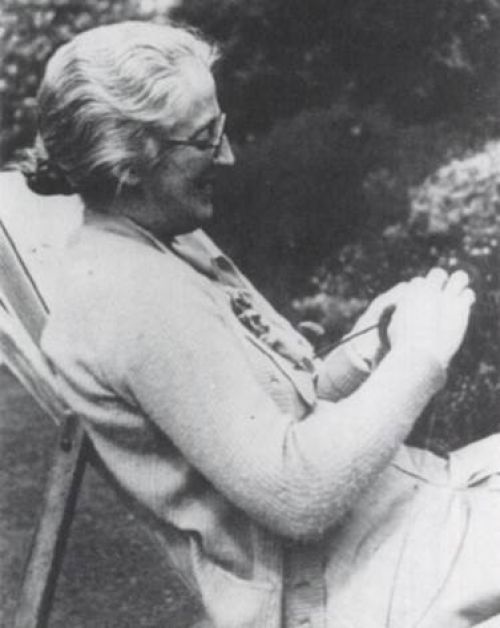Folates
Folates are responsible for transporting the small C1 building blocks in plants, animals and humans. These building blocks are required most notably in growth phases (pregnancy) but also later in all of the organs. Folates are converted as required in numerous enzymatic reactions and are extremely important for proper functioning of the organism.
The concentration of folate varies greatly in the individual organs. Three different receptors have been identified that transport the folates through the membranes (e.g. blood/brain barrier).
The delivery system is therefore quite sophisticated and can easily lead to a deficiency if disrupted. When deficiencies are not treated, they often cause chronic diseases or deformities during the growth phase (open spine, spina bifida)
The human organism is not able to synthesise folates and must therefore meet the need through diet or supplementation. Foods with high folate content are e.g. green vegetables, eggs and milk. Animal liver has a particularly high folate content. Dietary folates all exist in reduced form and are therefore very susceptible to oxidation. A large portion is lost during storage and cooking. Dietary folates are substituted differently and sometimes polyglutamated, which makes conversion during digestion necessary.
The folic acid often used in supplements is the stable, oxidised form, of which only trace amounts are found in nature. Folic acid is produced industrially – completely synthetically – and must first be converted in the body to activated, reduced forms.
For more Information see Frequently Asked Questions
Background

Lucy Wills (1888-1964) [1]
The story, which began with Lucy Wills in India in the 1930s, is what we at Aprofol strive to advance.
The English haematologist examined pregnant women with different eating habits in India and discovered that diets deficient in certain foods caused changes in the haemogram. She found that mother and child could be helped with a yeast extract. At a later point in time, the folates contained in the extract were identified and synthesised.
Even today, deficiencies in micronutrients are still widespread among young and old and frequently cause illness. If the deficiency is not treated, costly operations or therapies will only be effective to a certain extent or for a short time.
Eye health and how it relates to folates evolved somewhat surprisingly as the main focus of Aprofol. How important an adequate supply of folates is to eye health was only recently discovered; the mechanism is still not fully understood. A diminished quality of life caused by impaired vision is an enormous problem for the affected person, not to mention a burden on the entire healthcare sector.
In addition to eye disorders, there are diverse chronic or hereditary diseases that are not being adequately treated with the “right” folate and for which a targeted treatment with folates presents great potential.
Aprofol aims to combine the historical knowledge about folates with the latest findings to develop and market safe, efficient products for health care and treatment.
